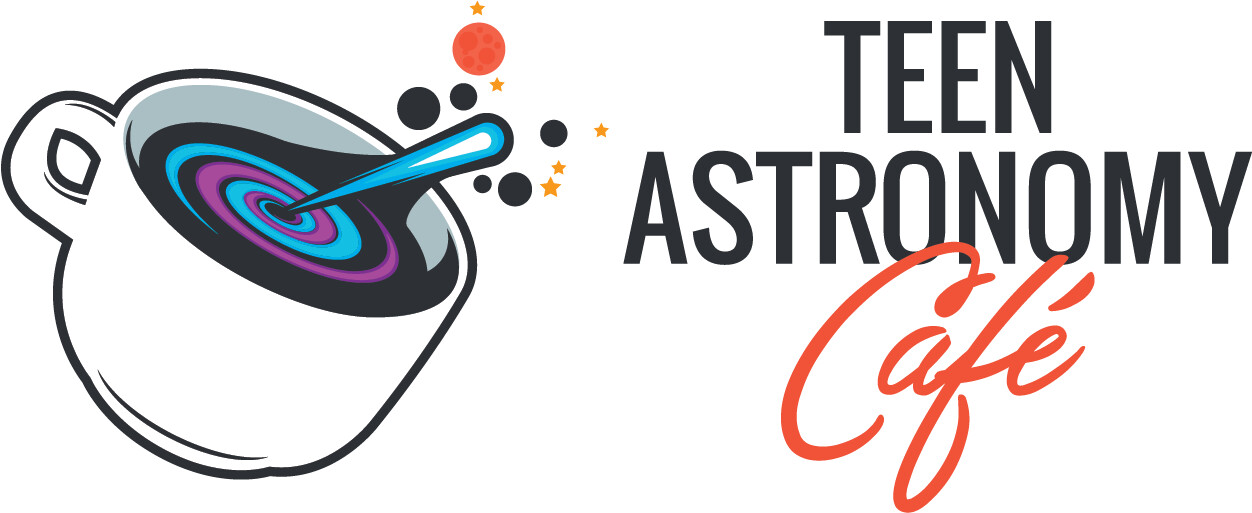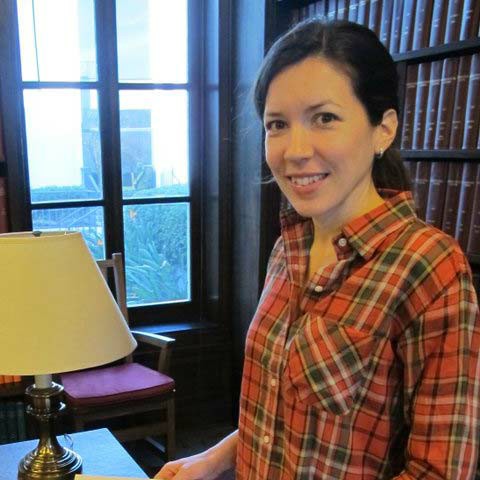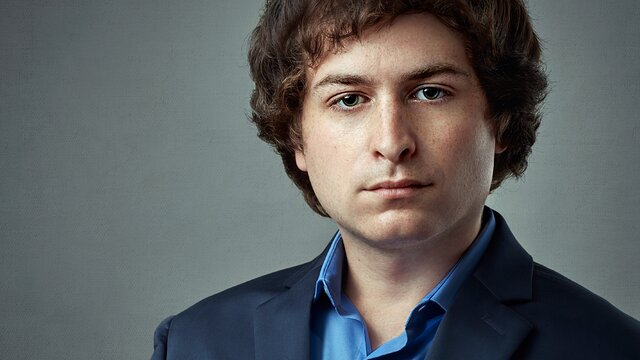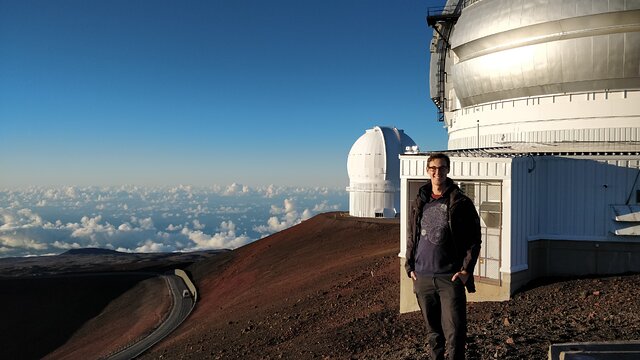
About the Teen Astronomy Café
The Teen Astronomy Café program is an out-of-school program that offers high school students opportunities to interact with scientists who work at the forefront of astronomy. The program is hosted by NOIRLab (the US national observatory) which has three locations in Arizona, Hawaii and Chile. The program has extended its reach to all three locations and beyond and as such, has different start times. See the table below for dates and times.
At the Cafés, students explore the birth and death of stars, killer asteroids, the structure of the universe, gravitational lenses, dark energy, dark matter, colliding galaxies and more. After a short presentation by the scientist on one of these topics, a hands-on activity typically follows. As a main part of the Teen Astronomy Café experience, students use state-of-the-art computer activities that are based on actual computer programs and data implemented by scientists in their work!
The Teen Astronomy Cafés are open to all high school students at no cost. The program aims to elevate student achievement and desire to go to college, and perhaps inspire some students to pursue a career in science, technology, engineering, or mathematics (STEM).
If students are interested in attending any or all of the Teen Astronomy Cafés, please have them register at http://www.teenastronomycafe.org. Dates for the Teen Astronomy Cafés this coming academic year are (some dates & times subject to change):
| 2021 | December | 04 | noon MST | Black holes and the Fate of Galaxies (Stephanie Juneau) |
| 2022 | February | 05 | 9:30 am MST | Backyard Worlds: Discovering Nearby Worlds Through Citizen Science (Aaron Meisner) |
| 2022 | March | 19 | 9:30 am MST | Large Scale Structure of the Universe (Stephanie Juneau) |
| 2022 | April | 02 | noon MST | Breaking the Solar System (Tom Secull) |
| 2022 | May | |||
| 2002 | June |
Due to COVID-19 concerns, the Teen Astronomy Cafés for this academic year will be hosted online. Registered students will be emailed a link to join the event one or two days prior to the Café. Once we are able to meet in person again, the Cafés will resume taking place at NSF’s NOIRLab.
About the 2021-22 Speakers
Dr. Stephanie Juneau: Black Holes and the Fate of Galaxies

Dr. Stephanie Juneau is a Staff Scientist for the Data Lab at NSF’s NOIRLab. Her research interests are focused on the evolution of galaxies and supermassive black holes across cosmic time. She brings together expertise from spectroscopy, optical, infrared, and X-ray observations to unveil mysteries about galaxies and reconstruct their history. She is part of large collaborations such as the Dark Energy Spectroscopy Instrument, and the Euclid space mission, each of which will measure distances to tens of millions of galaxies.
Research Description: Black holes are among the most mysterious objects in our universe. What are they? How do we find them? You will get to learn about different kinds of black holes, and apply research tools to discover their telltale signatures in astronomical observations. As the power-engine of quasars (which themselves are bright beacons that we can see far in the universe), you will learn how the largest black holes might change the fate of the galaxies they live in.
Dr. Aaron Meisner: Backyard Worlds: Discovering Nearby Worlds Through Citizen Science

Dr. Aaron Meisner is a staff scientist at NSF’s NOIRLab in Tucson, Arizona. He earned a Ph.D. in physics from Harvard in 2015 and a bachelor of science degree in physics from Stanford in 2010. He specializes in making and analyzing all-sky astronomical maps and catalogs. He enjoys collaborating with astronomy enthusiasts via citizen science initiatives, such as the Backyard Worlds project that he co-founded.
Research Description: Have we found all of the Sun’s closest neighbors? Is there a large planet at the fringes of our solar system awaiting discovery, a world astronomers call Planet 9? Planets in our own solar system and nearby stars appear to move across the sky. We will dive into the topic of moving celestial objects and how they can be discovered within modern astronomical data sets.
Dr. Stephanie Juneau: The Large Scale Structure of the Universe

Dr. Stephanie Juneau is a Staff Scientist for the Data Lab at NSF’s NOIRLab. Her research interests are focused on the evolution of galaxies and supermassive black holes across cosmic time. She brings together expertise from spectroscopy, optical, infrared, and X-ray observations to unveil mysteries about galaxies and reconstruct their history. She is part of large collaborations such as the Dark Energy Spectroscopy Instrument, and the Euclid space mission, each of which will measure distances to tens of millions of galaxies.
Dr. Tom Seccull: Breaking the Solar System

Dr. Tom Seccull is a Science Fellow at Gemini Observatory in Hilo, Hawai'i. There he helps to support science operations at the Gemini North telescope, and also works on planetary science research. His research focuses on using spectroscopy to observe minor planets in the Solar System, including asteroids, comets, and trans-Neptunian objects. With these observations he aims to learn what materials these small objects are made of, and work out how they formed, where they formed, and how their surfaces have been processed over time. With this information he aims to better pin down our understanding of both the Solar System's history and the physical processes that have sculpted it into what it is today.